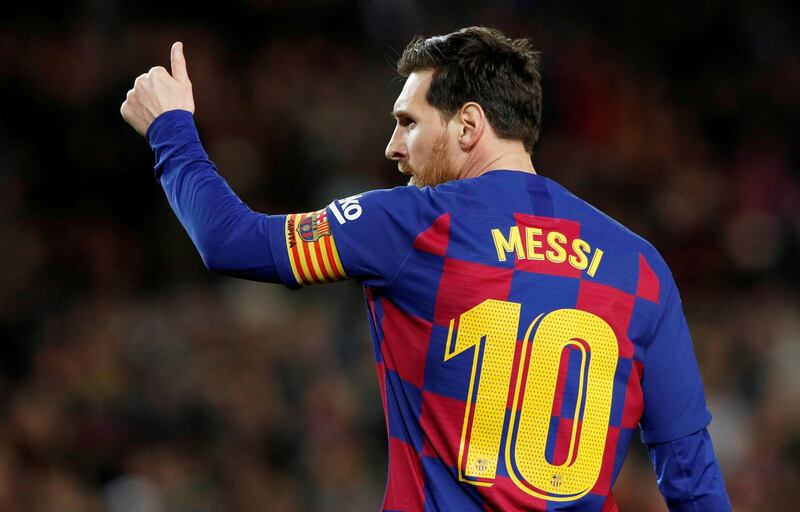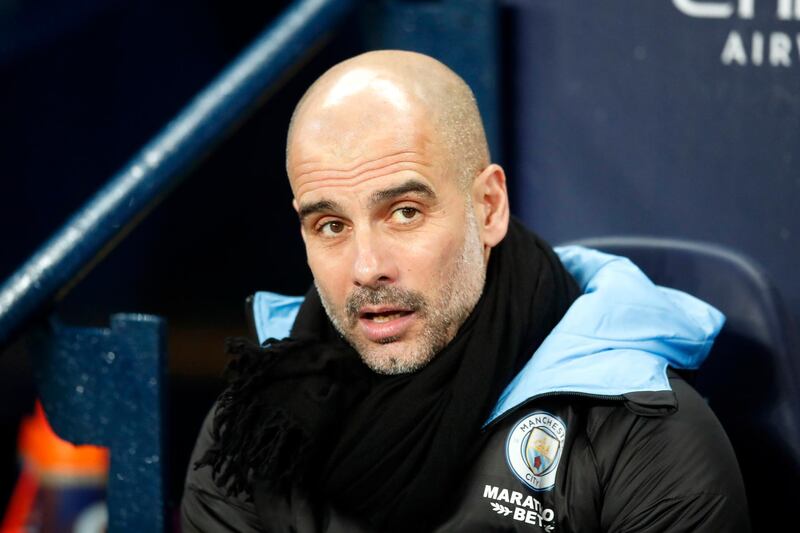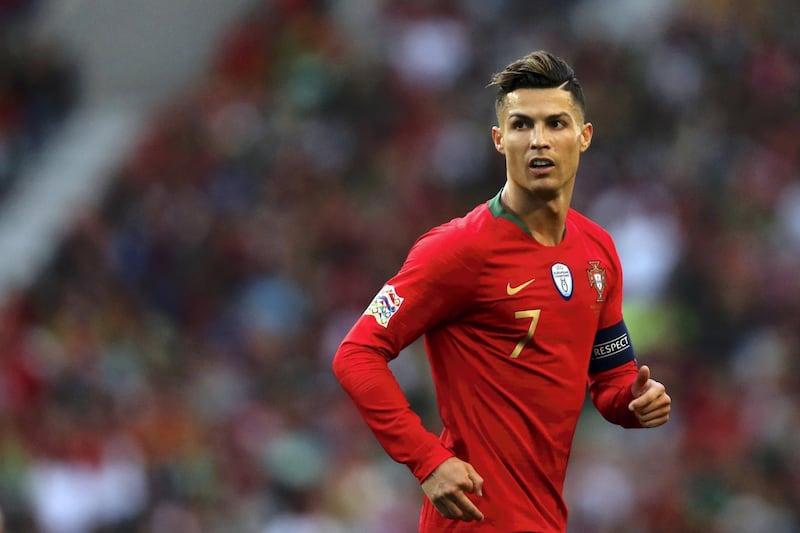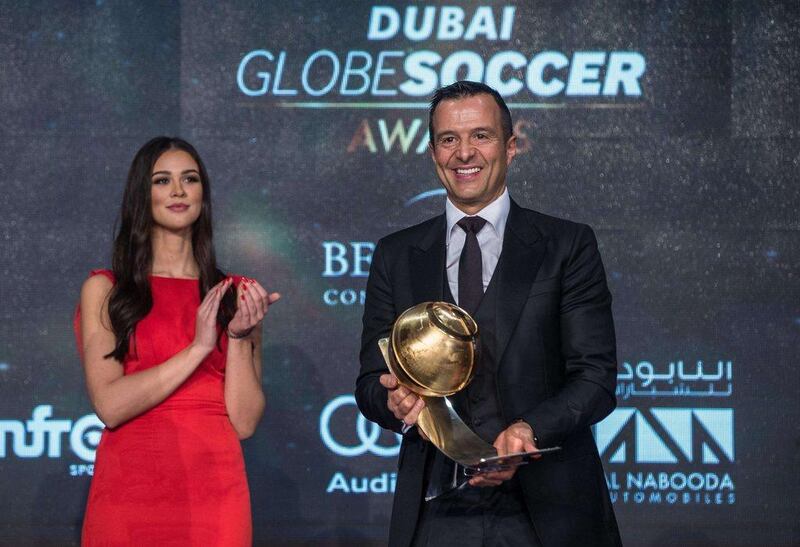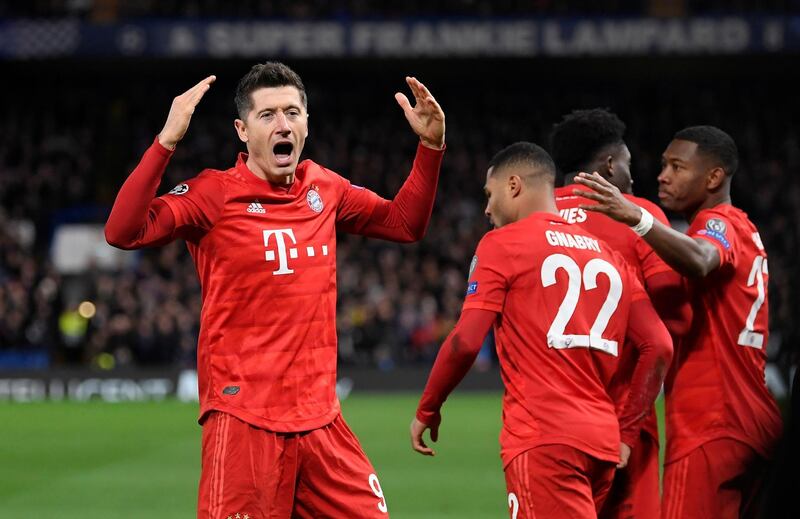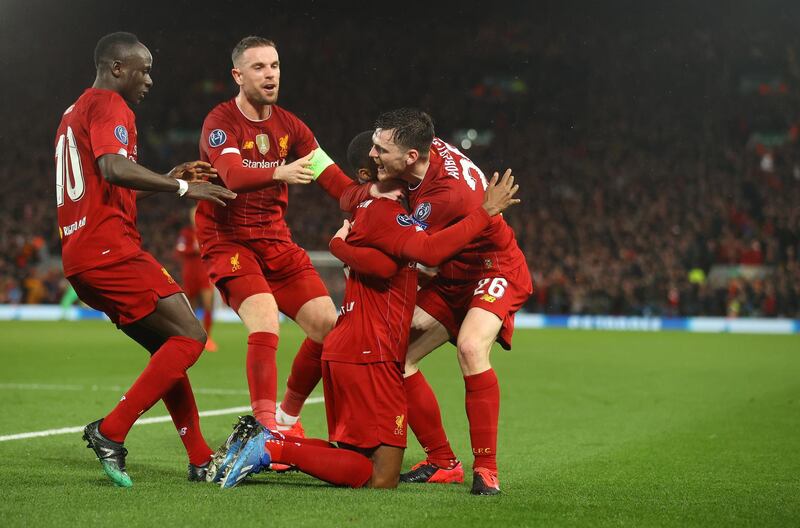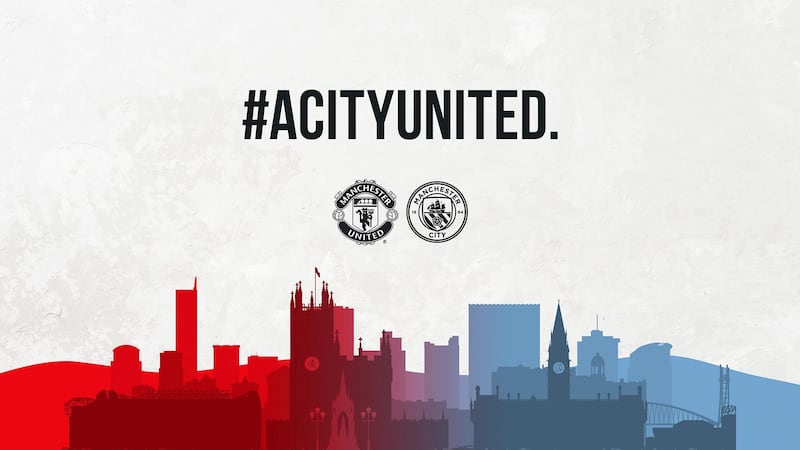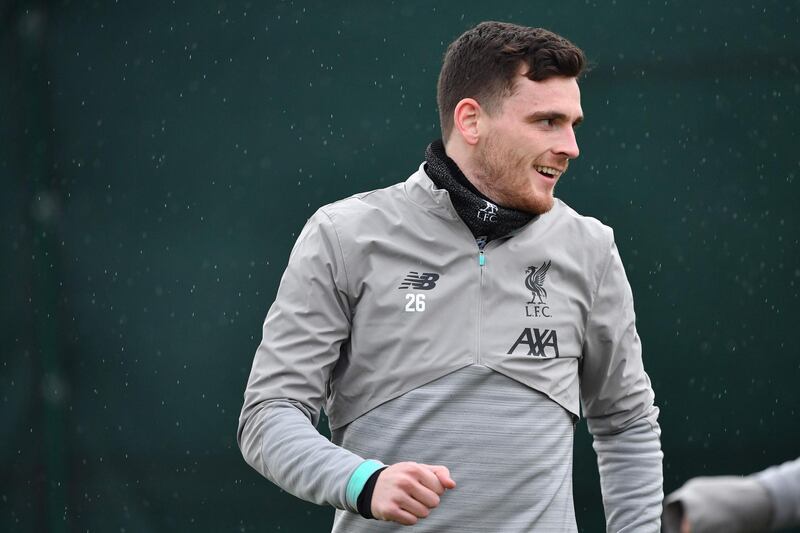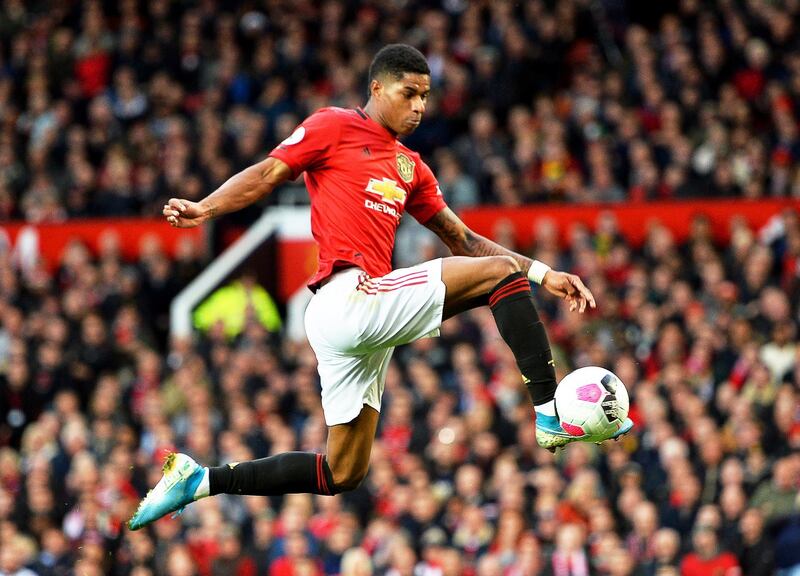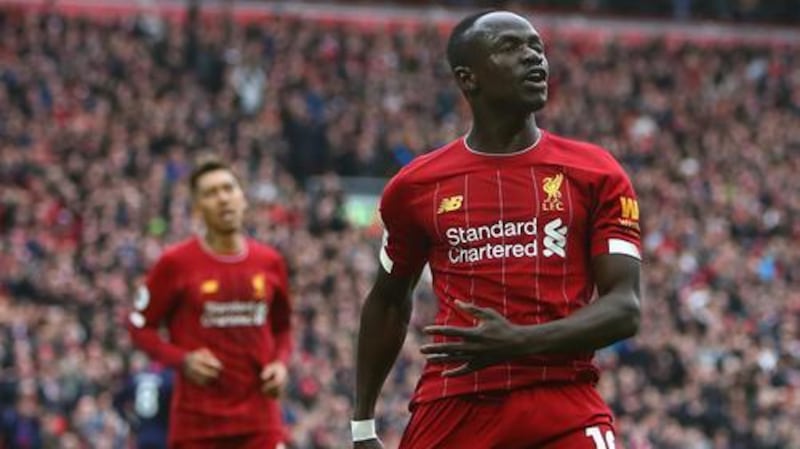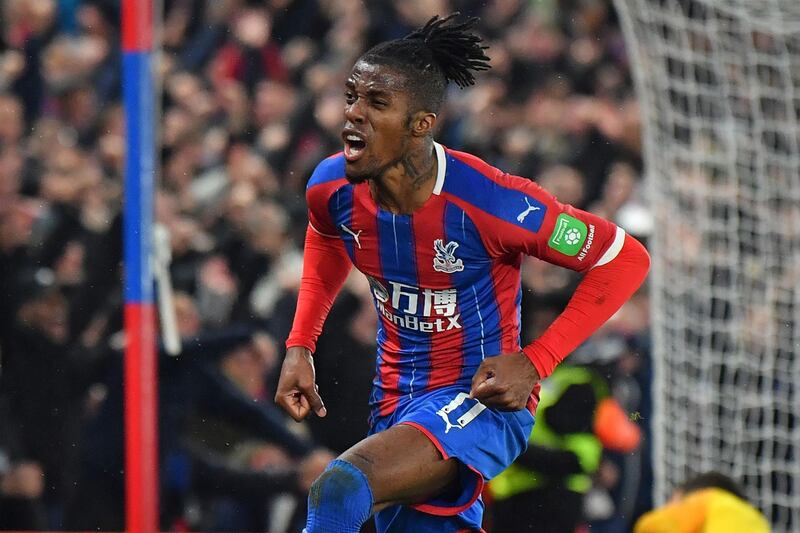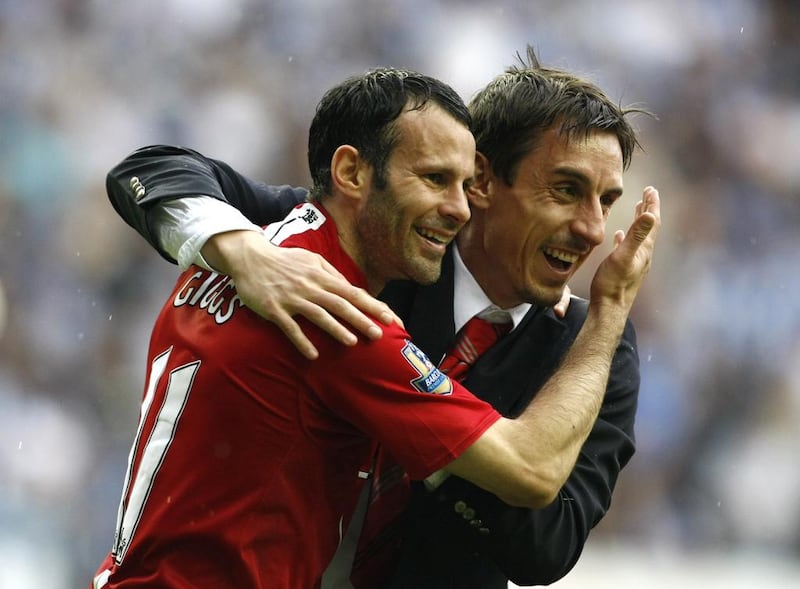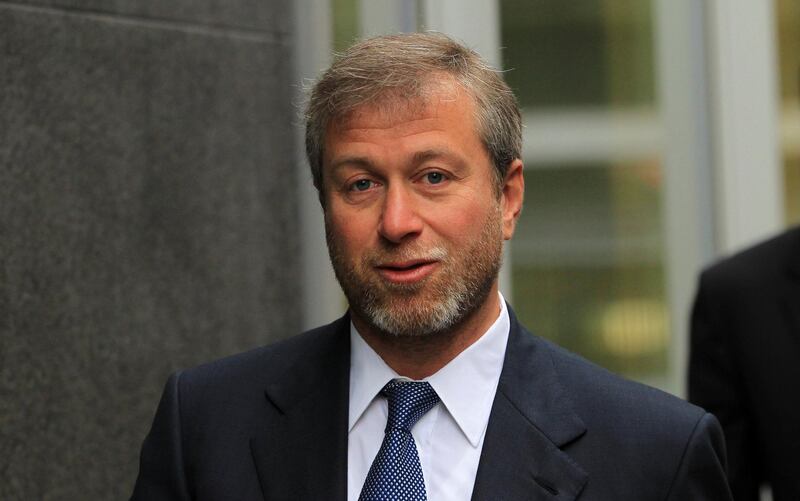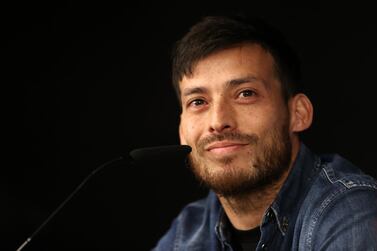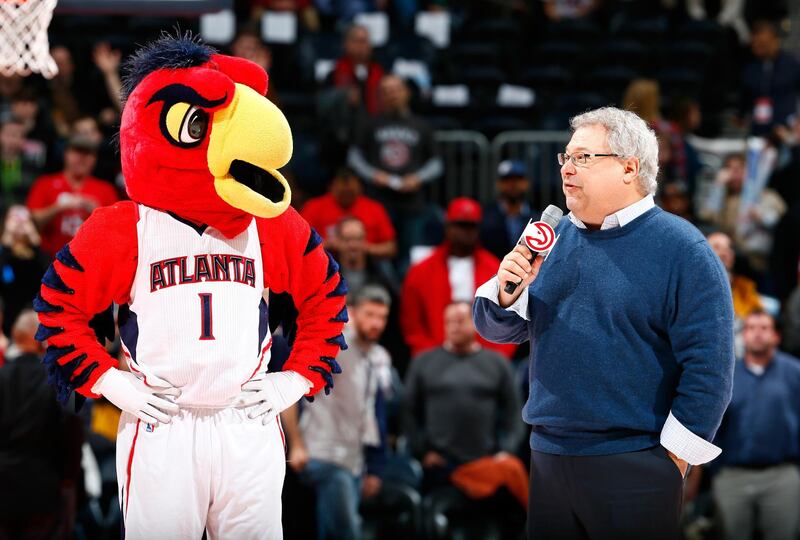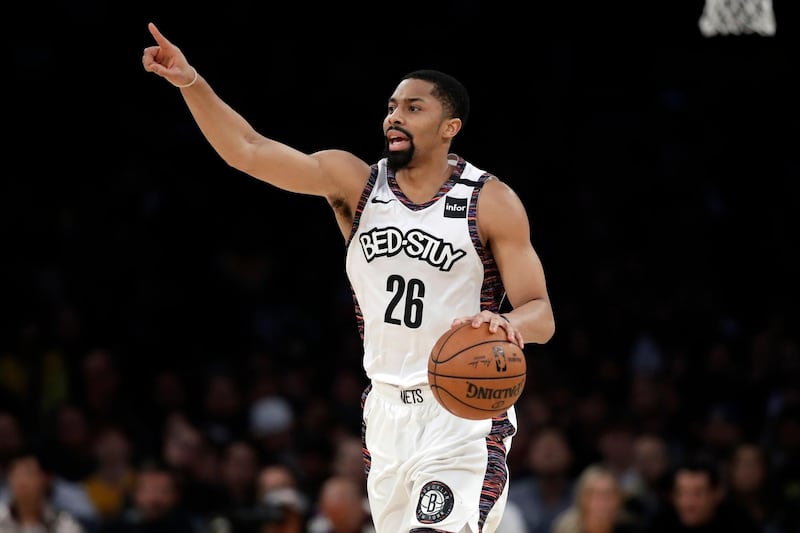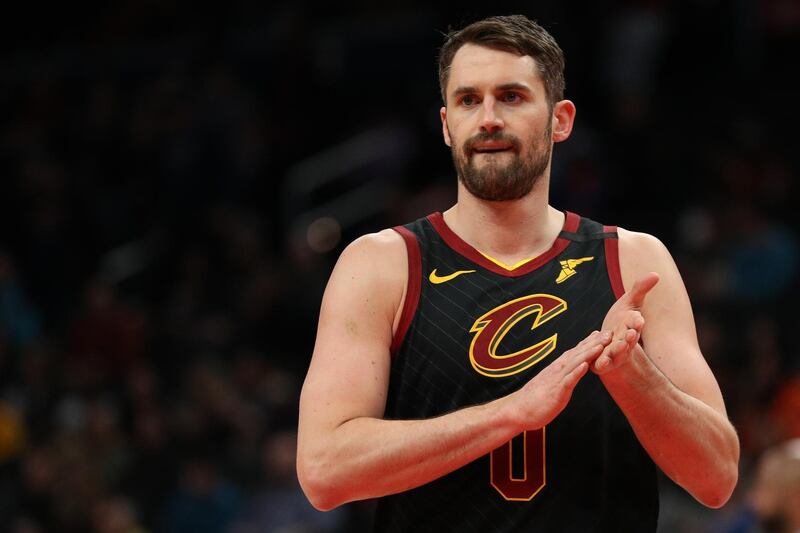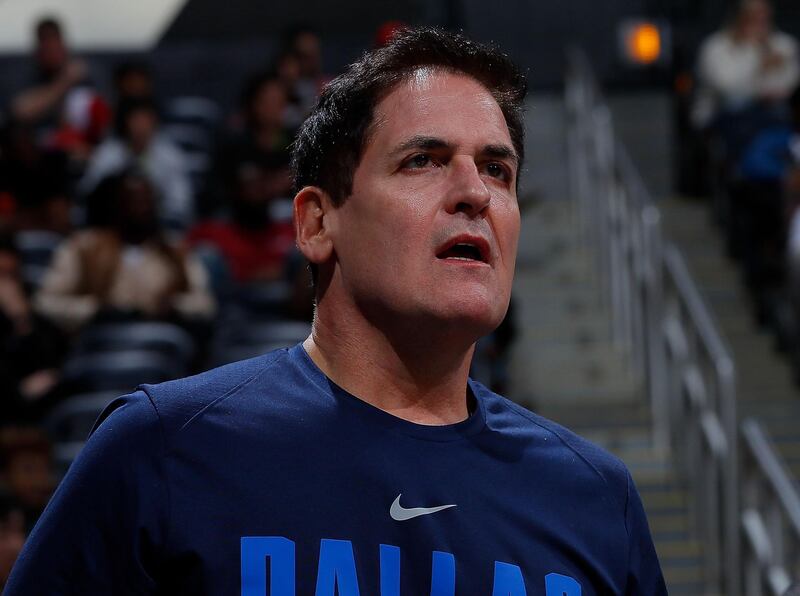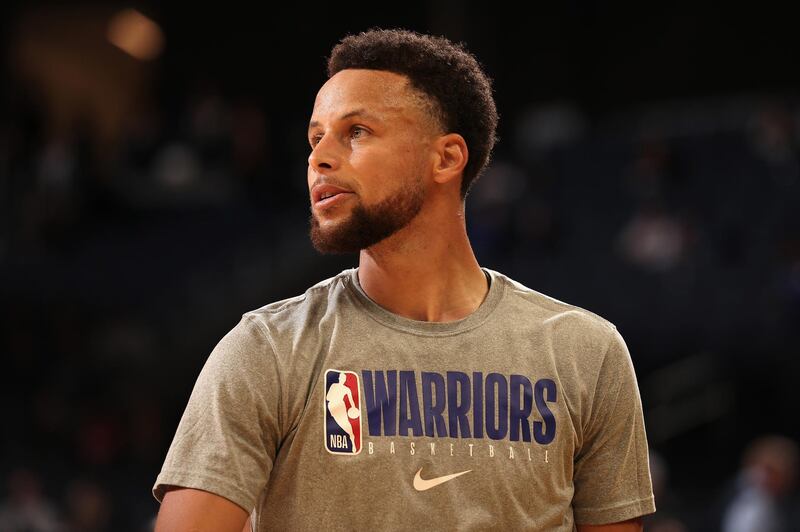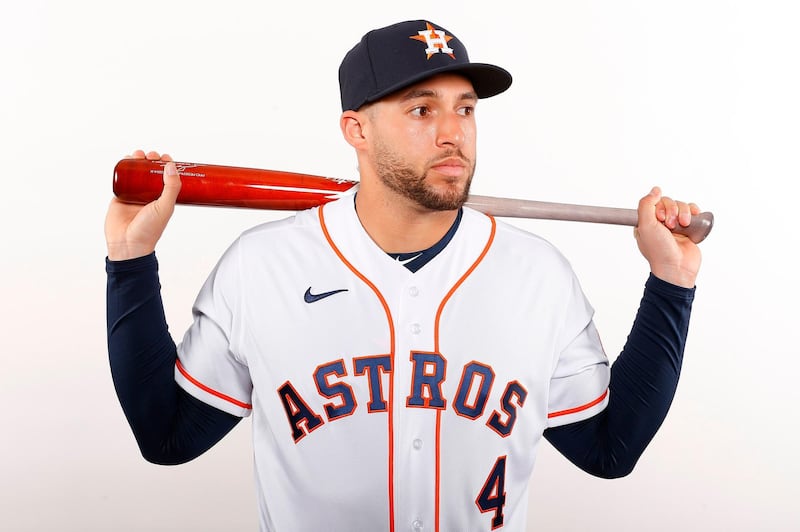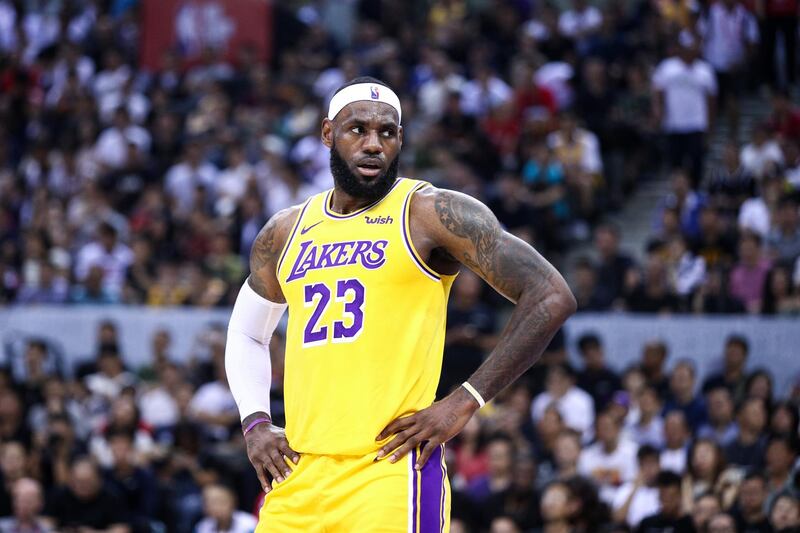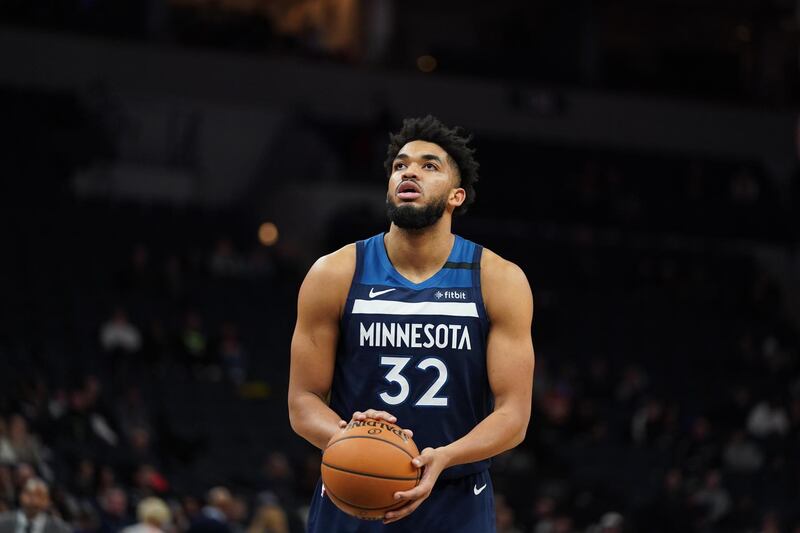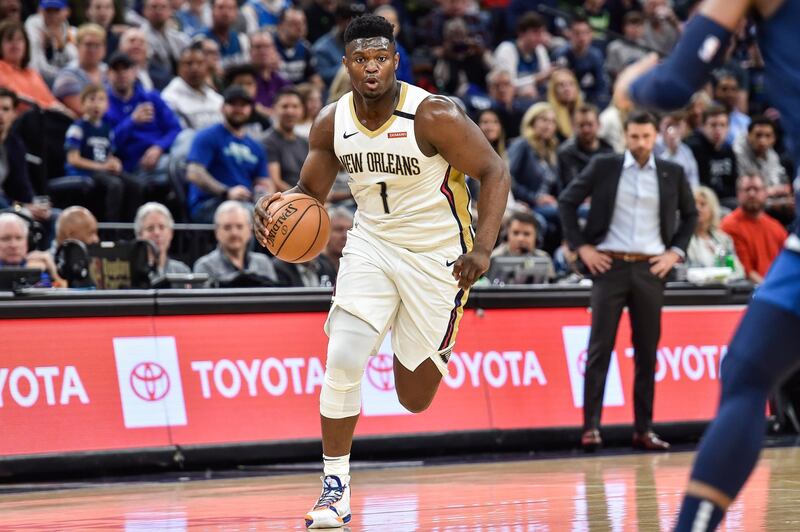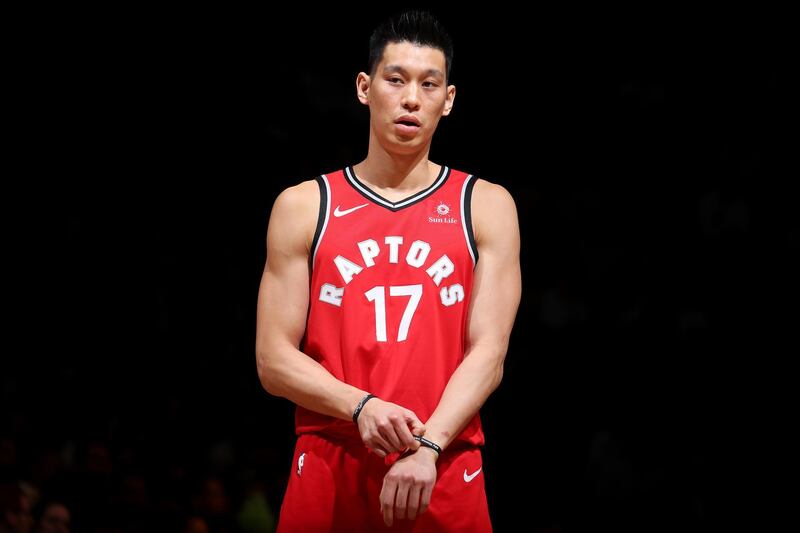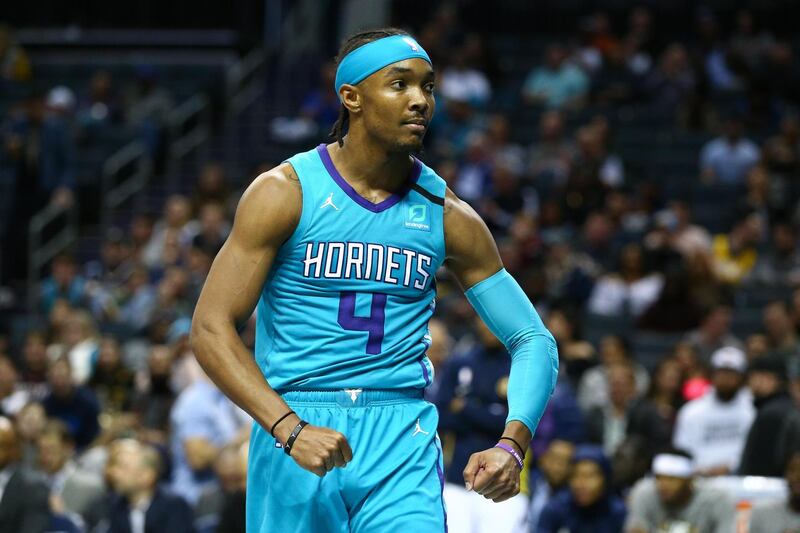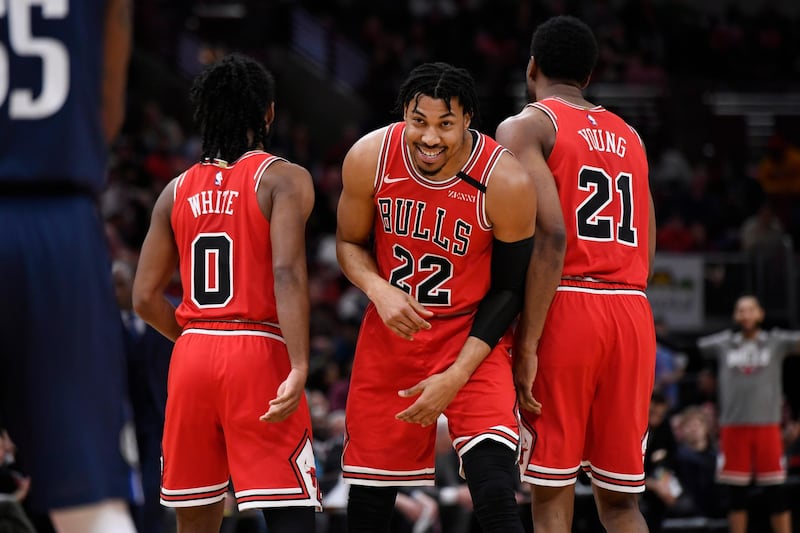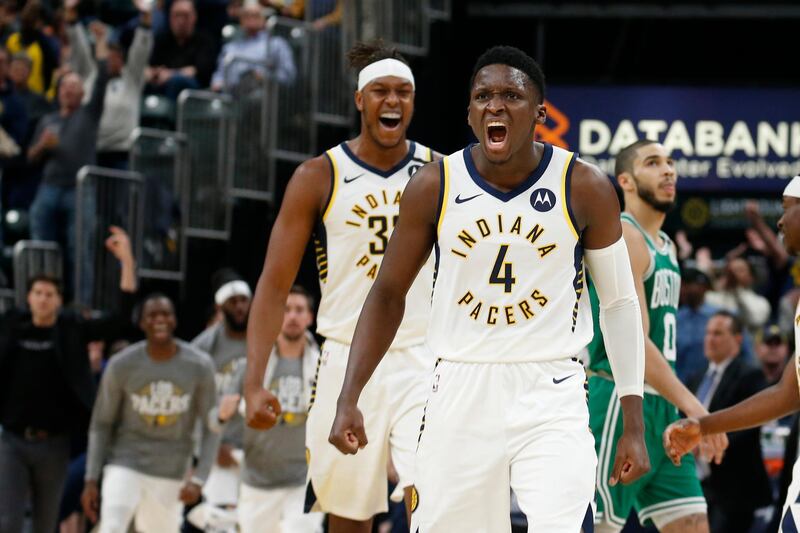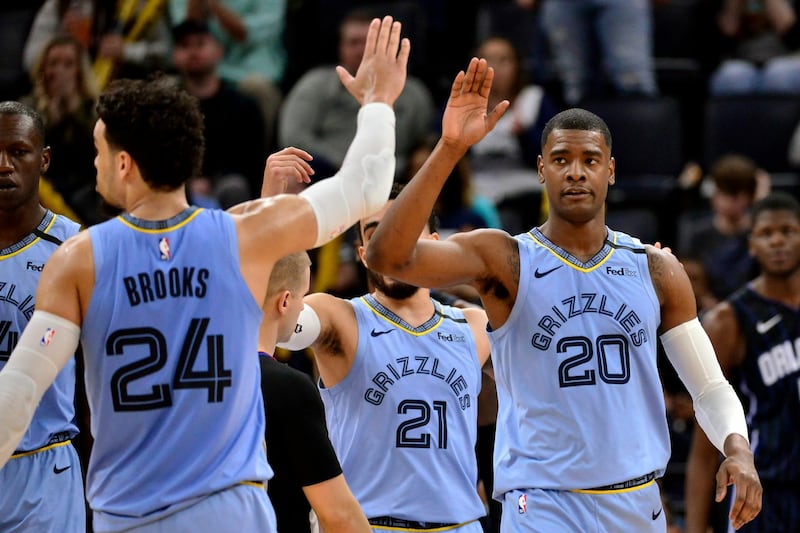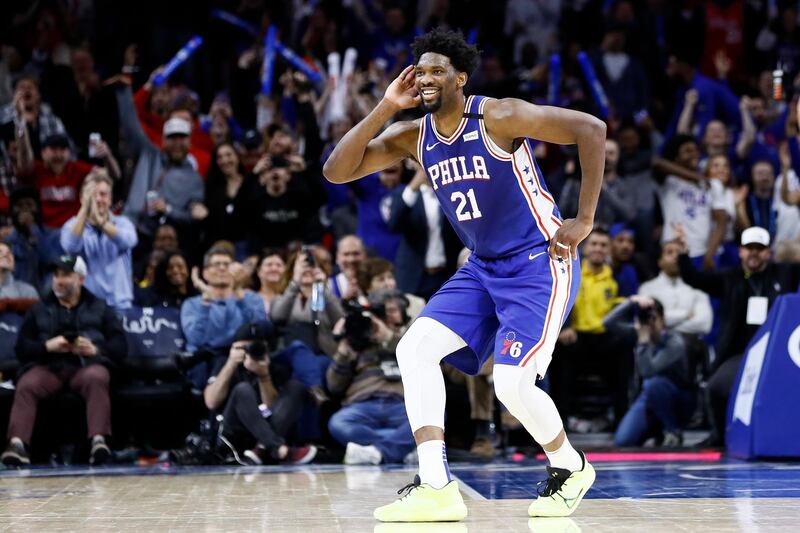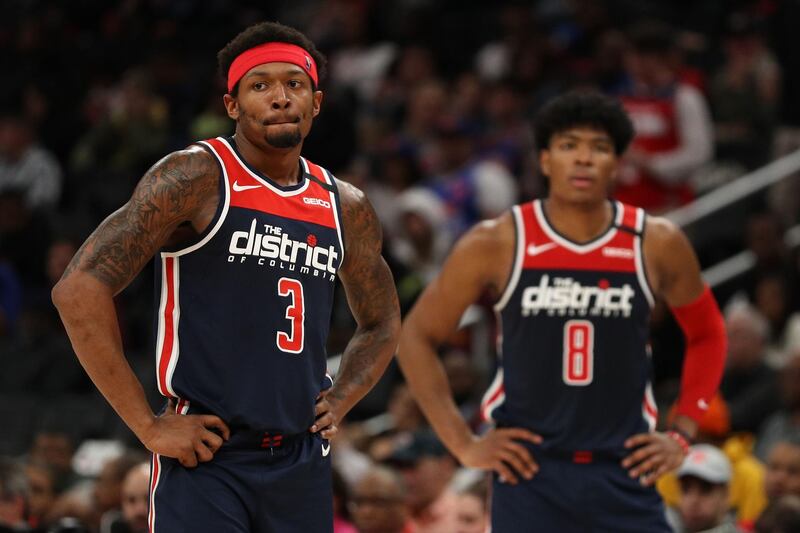For years, Pep Guardiola and Lionel Messi were indelibly associated. The architects of Barcelona's modern-day golden age were twinned again on Tuesday when each gave €1 million (Dh3.97m) to aid efforts against Covid-19.
Guardiola’s money will go to the Barcelona Medical College, with Messi’s funds split between the Barcelona Hospital Clinic and causes in his native Argentina.
If both reflect the scale of the problems in Spain where, at the time of writing, there have been more than 49,000 cases of coronavirus, leading to over 3,600 deaths, Guardiola and Messi are not alone.
At roughly the same time, Cristiano Ronaldo and his agent Jorge Mendes donated €1m to three intensive care units in Portugal. Each was following the lead of Robert Lewandowski who, with his wife Anna, had already pledged €1m.
Meanwhile, Liverpool players had grouped together to give £40,000 to a foodbank in the city before both Manchester clubs' squads gave £100,000 to its Mancunian equivalent.
Additionally, a large gift to a Glaswegian food bank apparently came from the Glaswegian Andrew Robertson while Marcus Rashford made what has been called the biggest donation of the year to Fareshare, a charity that provides food to children who would normally get free school meals.
Elsewhere, Sadio Mane donated $50,000 (Dh183,650) to Senegal’s national committee for fighting coronavirus.
Wilfried Zaha is letting healthcare professionals stay in 50 of his London properties rent free, Gary Neville and Ryan Giggs opened their Manchester hotels to NHS workers, again free of charge, just as Chelsea offered their Millennium Hotel to them, with owner Roman Abramovich footing the bill.
Perhaps that is the tip of the iceberg. There are other donations – some private, some surely to follow – but what can be said is that many in football are recognising their place in society and their debt to it.
Plenty of clubs are paying casual matchday staff, members of the gig economy who lack the security of a regular salary and a contract, while the game is shut down.
_______________________
Sports stars, teams and owners donating in the fight against coronavirus
_______________________
Brighton are leading a campaign to give 100,000 free tickets to NHS workers when the crisis is over and football returns.
There are times when football appears in its own world, insulated from the problems of the real one.
It may serve as escapism for the rest of us, but some of its problems are those the vast majority would love to have. Within its own ecosystem, we can debate whether Player X is underpaid relative to Player Y. Compared to people who keep the health system working, however, they are all overpaid.
The change in economics is a reason the game has been distanced from its roots at the heart of communities.
Money can come indirectly, whether from owners or overseas television deals, from club commercial partners and private sponsors, and it is not as simple as saying salaries are funded by the tickets spectators buy on a weekend.
Yet football’s money comes from society in general and society has been brought to a halt. A globalised game has been halted by a global pandemic.
But it helped illustrate the difference football can make. Carlo Ancelotti’s phone call with Mark Cruise, an Everton fan with motor neurone disease, was heart-warming.
Everton, in fairness, have never deemed everything a money-making opportunity and it is certainly true many were aware of the social responsibilities that came with fame and fortune.
Many footballers have showed social consciences. Some have set up charitable foundations, though far too few signed up to Juan Mata's Common Goal project.
But at a time of crisis, when many others cannot afford to pay, it is heartening to see that so many of the wealthiest and most successful are helping out the less fortunate.
